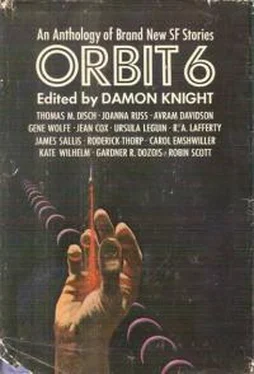He took a seat by the coal stove. When his breath returned to him, he found that he was shivering violently. A boy came round with a tray of tea. He bought a glass for one lira. He asked the boy, in Turkish, what time it was. It was ten o’clock.
The ferry pulled up to the dock. The sign over the ticket booth said BÜYÜK ADA. The ferry pulled away from the dock.
The ticket taker came for his ticket. He held out a ten-lire note and said, “Istanbul.”
The ticket taker nodded his head, which meant no.
“ Yok .”
“No? How much then? Kaç para? ”
“ Yok Istanbul — Yalova .” He took the money offered him and gave him back in exchange eight lire and a ticket to Yalova on the Asian coast.
He had got onto a ferry going in the wrong direction. He was not returning to Istanbul, but to Yalova.
He explained, first in slow precise English, then in a desperate fragmentary Turkish, that he could not go to Yalova, that it was impossible. He produced his airline ticket, pointed at the eight o’clock departure time, but he could not remember the Turkish word for “tomorrow.” Even in his desperation he could see the futility of all this: between BÜYÜK ADA and Yalova there were no more stops, and there would be no ferries returning to Istanbul that night. When he got to Yalova he would have to get off the boat.
A woman and a boy stood at the end of the wooden dock, at the base of a cone of snowy light. The lights were turned off on the middle deck of the ferry. The man who had been standing so long at the railing stepped, stiffly, down to the dock. He walked directly toward the woman and the boy. Scraps of paper eddied about his feet then, caught up in a strong gust, sailed out at a great height over the dark water.
The man nodded sullenly at the woman, who mumbled a few rapid words of Turkish. Then they set off, as they had so many times before, toward their home, the man leading the way, his wife and son following a few paces behind, taking the road along the shore.


